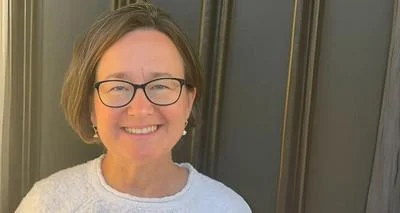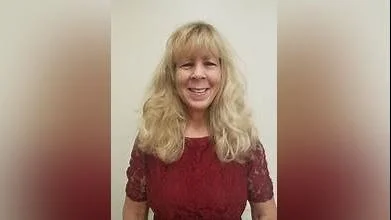Todd Novak, Wisconsin State Representative of 51st District | Facebook
Todd Novak, Wisconsin State Representative of 51st District | Facebook
According to the Wisconsin State Legislature's official website, the bill was described as follows: "utilization management controls for antipsychotic prescription drugs under the Medical Assistance program. (FE)".
The following is our breakdown, based on the actual bill text, and may include interpretation to clarify its provisions.
In essence, this bill prohibits the Wisconsin Department of Health Services from imposing utilization management controls on antipsychotic prescription drugs that are approved by the federal Food and Drug Administration under the Medical Assistance program. Utilization management controls are formal techniques used by health carriers to assess the necessity, appropriateness, efficacy, or efficiency of prescription drugs, which can include prior authorization and step therapy protocols. By removing these controls for antipsychotic medications, the bill seeks to ease access to these drugs for individuals receiving assistance through the program.
The bill was co-authored by Senator Jesse L. James (Republican-23rd District), Representative Brent Jacobson (Republican-87th District), Representative Jeffrey Mursau (Republican-36th District), Representative Shae A. Sortwell (Republican-2nd District), and Representative David Steffen (Republican-4th District). It was co-sponsored by Senator Rachael Cabral-Guevara (Republican-19th District) and Senator Van H. Wanggaard (Republican-21st District).
Todd Novak has authored or co-authored another five bills since the beginning of the 2025 session, with none of them being enacted.
Novak, a Republican, was elected to the Wisconsin State Assembly in 2015 to represent the state's 51st Assembly district, replacing previous state representative Howard Marklein.
In Wisconsin, the legislative process starts when a senator, constituent, group, or agency proposes an idea for a bill. After drafting, the bill is introduced, numbered, and referred to a committee for review and public input. If approved, it moves through three readings and votes in both the Senate and Assembly. Once both chambers pass the same version, the bill goes to the governor, who can sign it, veto it, or let it become law without a signature. Only a small share of bills introduced each session ultimately become law. You can learn more about the Wisconsin legislative process here.
| Bill Number | Date Introduced | Short Description |
|---|---|---|
| AB54 | 02/24/2025 | Utilization management controls for antipsychotic prescription drugs under the Medical Assistance program. (FE) |
| AB22 | 02/06/2025 | Limitations on the total value of taxable property that may be included in, and the lifespan of, a tax incremental financing district created in the city of Middleton. (FE) |
| AB1 | 01/31/2025 | Changes to the educational assessment program and the school and school district accountability report. (FE) |






 Alerts Sign-up
Alerts Sign-up